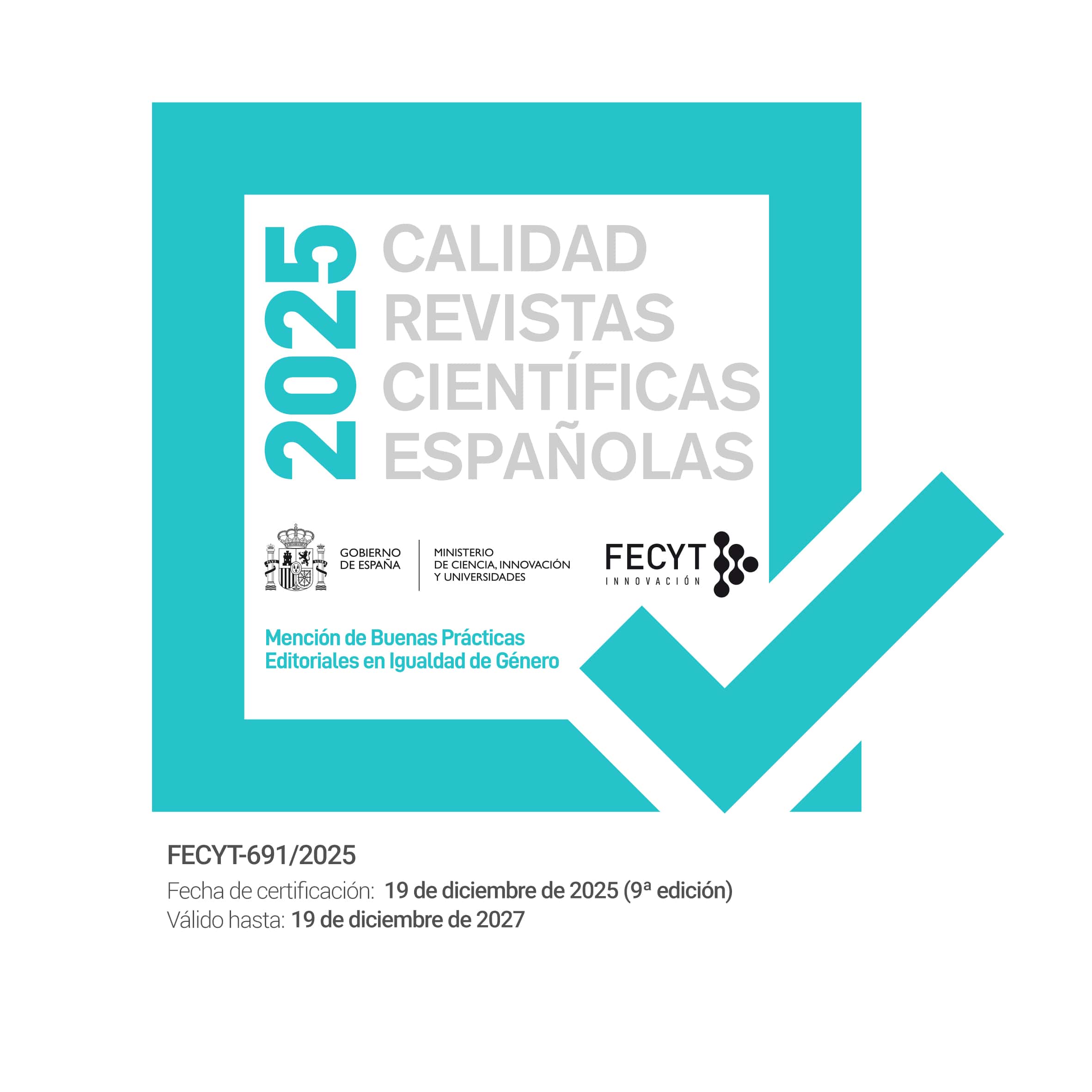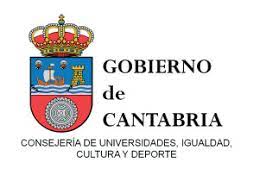Narrar contra la Historia: de Juan Benet a Ignacio Martínez de Pisón (a través de Galdós)
DOI:
https://doi.org/10.55422/bbmp.338Palabras clave:
Historia especular y contraespecular, Narración inclusiva, MemoriaResumen
El retorno de la historia y de la reescritura de la memoria nacional es un hecho significativo que responde a la nueva condición contemporánea—que es hermenéuticamente reintegradora—en la época que sigue a la dispersión epistemológica posmoderna. En el artículo se define y se desarrolla el contraste que existe entre el concepto de la narración histórica que se denomina especular y épica frente a la versión contra-especular, propia de la nueva narrativa histórica, que es más crítica y analítica. En Juan Benet, la historia nacional es irrecuperable y sus textos se niegan a aceptar la posibilidad del autoengaño ante ella. No obstante, de esta ruina de la temporalidad puede surgir la opción del testimonio lúcido y responsable del pasado colectivo. Por su parte, Galdós se identifica con un concepto especular de la narración histórica según el cual el texto es capaz de representar y exponer la historia de la nación de manera que pueda convertirse en un punto referencial colectivamente aceptable para la comunidad nacional. Además, la narración asume en Galdós una función adicional que implica directamente la configuración de una conciencia nacional en la que la cohesión y la solidaridad de fines y horizontes sean posibles. Para verificar estas ideas, me concentro en el análisis de la novela Gerona de Galdós en relación con Un día de cólera de Arturo Pérez-Reverte.
Los intentos de escribir una nueva historia en Galdós y Pérez Reverte pueden ser interpretados como la estructuración desde el arte de un perfil histórico colectivo con el que poder identificarse emotivamente. Frente a esta versión hay otras aproximaciones que tienen como finalidad arrojar luz sobre los aspectos más sombríos de todo el espectro ideológico e intelectual de la nación para poder escribir una historia que pueda percibirse como auténticamente inclusiva. Las novelas de Javier Cercas, Las leyes de la frontera, y de Ignacio Martínez de Pisón, Enterrar a los muertos, sirven como referentes ilustrativos.
Descargas
Publication Facts
Reviewer profiles N/D
Author statements
Indexado: {$indexList}
- Academic society
- Sociedad Menéndez Pelayo
- Editora:
- Sociedad Menéndez Pelayo
Estadísticas globales ℹ️
|
165
Visualizaciones
|
97
Descargas
|
|
262
Total
|
|
Citas
Benet, Juan. Volverás a Región. Barcelona: Destino, 1967.
Braudel, Fernand. Écrits sur l'histoire. París: Flammarion, 1969.
Castells, Manuel. End of Millenium. Oxford: Blackwell, 1998.
Cercas, Javier. Las leyes de la frontera. Barcelona: Mondadori, 2012.
---. Anatomía de un instante. Barcelona: Mondadori, 2009.
Galdós, Benito Pérez. Gerona. México: Porrúa, 1971.
Habermas, Jürgen. The Postnational Constellation. Cambridge: MIT, 2001. DOI: https://doi.org/10.22230/cjc.2002v27n4a1330
Martínez de Pisón, Ignacio. Enterrar a los muertos. Barcelona: Seix Barral, 2006.
Navajas, Gonzalo. El paradigma de la enfermedad y la literatura del siglo XXI. Valencia: Publicaciones de la Universidad de Valencia, 2013.
Pérez-Reverte, Arturo. Un día de cólera. Madrid: Alfaguara, 2007.
Vattimo, Gianni. Hermeneutic Communism. Nueva York: Columbia UP, 2011. DOI: https://doi.org/10.7312/vatt15802
Descargas
Publicado
Cómo citar
Número
Sección
Licencia

Esta obra está bajo una licencia internacional Creative Commons Atribución-NoComercial 4.0.








